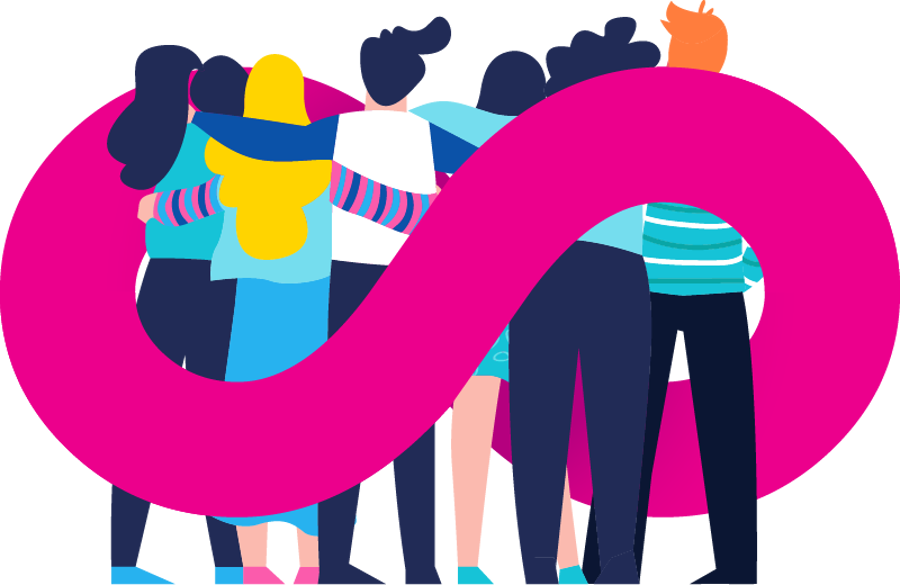
Social enterprise: the more sustainable, conscious side of business that enriches communities socially as well as economically. Here are some of the fantastic community initiatives currently thriving in Edinburgh.
Scotland’s social enterprise sector is flourishing. According to The 2019 Social Enterprise in Scotland Census, the sector is growing steadily, with 6025 social enterprises currently operating across the country. In addition to the incalculable benefit to individuals, communities, and society as a whole, the sector is contributing £2.3 billion annually to the Scottish economy.
There couldn’t be a better time to establish a social enterprise in Edinburgh. The first of its kind in Scotland, Montgomery Street Lane is a brand new hub offering advice, support, and networking to social enterprises and charity start-ups. The team of 40 volunteers has 90 years of industry experience collectively, in fields ranging from business consultancy to international development.
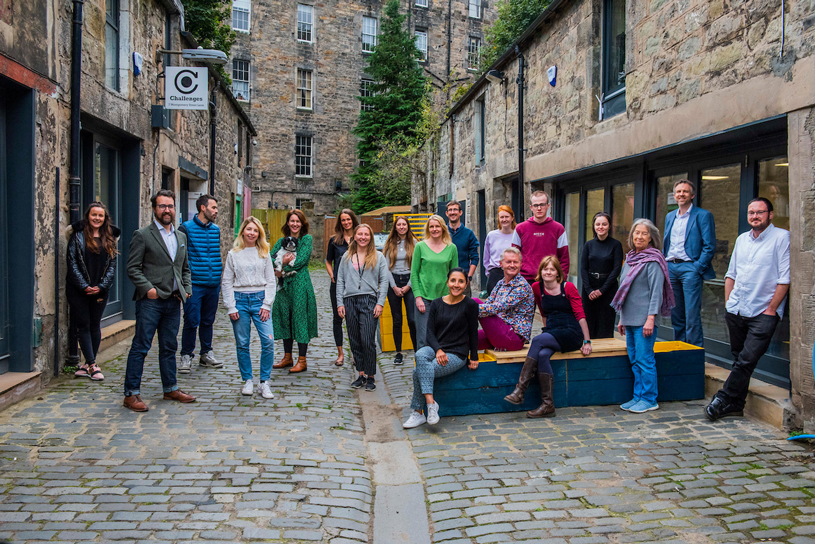
Volunteers at the Montgomery St Lane Hub. Photo: Chris Watt
Perhaps the most well-known social enterprise in Edinburgh is Social Bite, which has been visited by the likes of George Clooney, Prince Harry and Meghan Markle. As well as giving 140,000 items of food and drink to homeless people every year, Social Bite provides employment to those affected by homelessness, who make up roughly a third of their workforce.
Here are some of Edinburgh’s social enterprises that you may not yet know of, but which are also thriving in the city and making an enormous impact on the local community.

City tours with a different perspective

Invisible Cities offers unique walking tours of historic cities led by trained tour guides, all of whom have experienced homelessness. The tours of Edinburgh explore different areas such as the Old Town and Leith, with particular focuses on crime, drug culture, and the history of women.
Founder and CEO Zakia Moulaoui believes everyone has potential. The enterprise was inspired by her work at the Homeless World Cup, which uses the power of football to empower homeless people. “I realised that people have incredible skills, stories to tell and are often faced with feeling stigmatised and judged for needing help,” Zakia explains. Invisible Cities offers purpose and structure to individuals affected by homelessness, boosts their confidence and teaches them new skills such as planning, customer service, and public speaking.
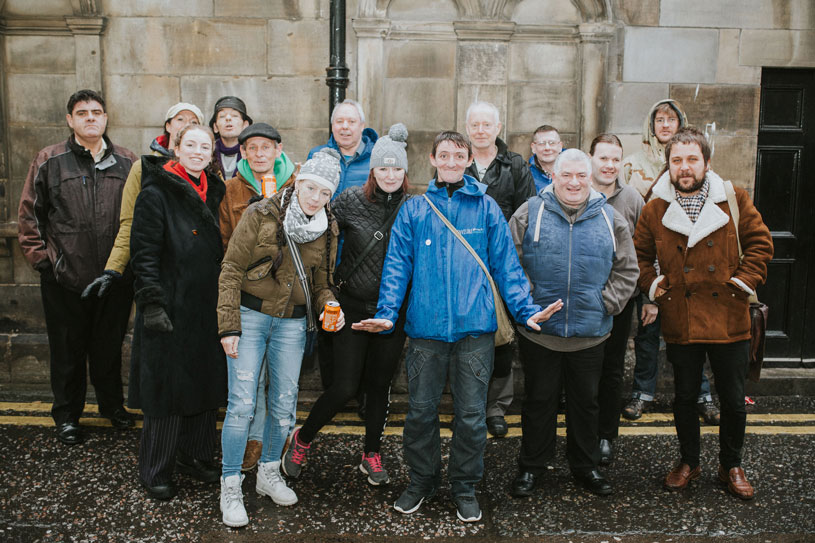
“We provide our guides with an opportunity to tell their own story, and have their voices heard while challenging the stigma that exists around homelessness,” says Zakia. “All our guides say the opportunity has empowered them and helped them gain confidence in themselves and what they want to do with their future.”
Tour guides are trained through a workshop and then paired with a volunteer to plan their unique tour of the city. All profits are reinvested into the continued education of guides and other programmes giving support to those affected by homelessness.
“The social enterprise ecosystem in Scotland is rich and there is a lot of support out there”
Invisible Cities was one of the optional ‘Discovery Session’ for delegates at the recent TEDSummit held at the EICC, so many of the attendees had the opportunity to see Edinburgh from a unique and native perspective whilst supporting a local initiative. “The social enterprise ecosystem in Scotland is rich and there is a lot of support out there,” says Zakia. “I feel very lucky to have received support not only from agencies like UnLtd and Big Issue Invest but also from individuals and corporations to help build Invisible Cities.”
“The best thing I ever did before starting was speaking to as many people as possible about my idea and my approach. I set up lots of coffee dates with people from other charities and social enterprises and asked for feedback. We still work with the majority of these people today, and it also gave me confidence and life-long friendships.”
Find out more: Web | Twitter | Facebook | Instagram

Harnessing the power of football

Street Soccer is a social enterprise that aims to help and empower people affected by homelessness, mental illness and social exclusion – all through the power of the beautiful game. The organisation offers free drop-in training sessions in locations across Scotland, as well as personal development courses offering education and skills in first aid, coaching and nutrition. Street Soccer also organises four national tournaments every year, attracting players from all over Scotland to come and put their new skills to use.
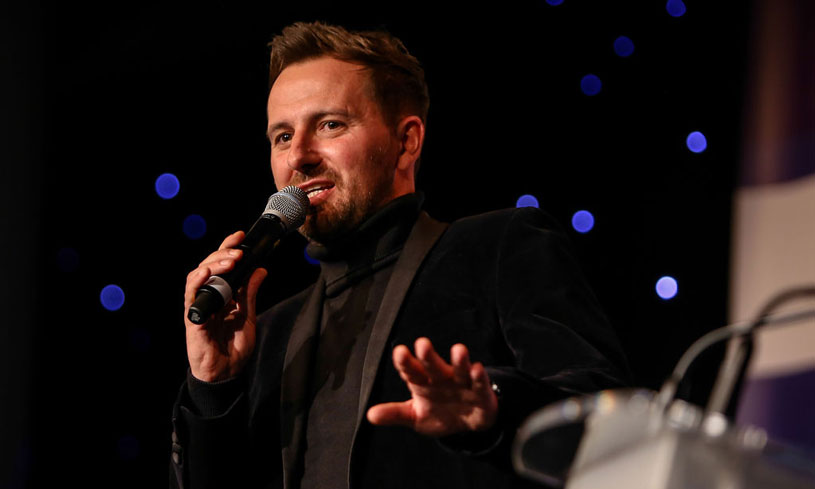
Founder David Duke was inspired to set up Street Soccer by personal experience of the devastation poverty can cause, and the transformative effect that football can have on a person’s life. After a turbulent childhood and the death of his father, David began to rely on alcohol, which eventually left him without a job and living on the streets.
When he saw a poster for the Homeless World Cup, David tried out and landed a spot on the Scotland team, competing in Gothenburg. Although the experience didn’t solve everything overnight, it was the beginning of something new, something hopeful. “When I came back I was still homeless, that hadn’t changed,” he tells The Scotsman. “I’d still lost my dad. But what I did have was a wee bit of motivation, a wee bit of confidence.”
This is the feeling David aims to recreate for others through Street Soccer, which he founded in 2009. The training sessions welcome anyone and provide a fantastic source of structure and purpose to people facing social exclusion, as well as improving mental and physical health and building self-esteem.
The training sessions welcome anyone and provide a fantastic source of structure and purpose to people facing social exclusion
As a not-for-profit social enterprise, Street Soccer is supported by the likes of Sport Scotland, RBS and The Scottish Government. David also presented at the Women Inspired Gala Lunch held at the EICC in March, alongside the inspirational players from Street Soccer Scotland’s Women’s Team.
Find out more: Web | Twitter | Facebook | Instagram | Youtube

The gym with a conscience
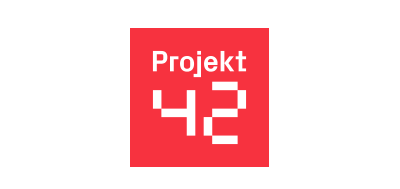
Projekt 42 is a not-for-profit gym and wellness centre situated in Leith, which aims to make health affordable and accessible for everybody, regardless of age, gender, income, fitness level and mindset.
The centre combats the aspects of gyms and gym culture that typically put people off – extortionate prices, membership commitments, competitiveness and feelings of judgment. “We work towards strengthening the connection between mental and physical health,” says Sara Hawkins, Projekt 42’s founder. “Our aim is to deliver affordable fitness, yoga, and mental health services such as counselling, psychotherapy and cognitive behavioural therapy.”

“The advice I would give to someone working towards opening their own social enterprise would be to create clear aims and objectives, to connect with other organisations and not to be afraid to ask for help.”
Sara was inspired to set up the project by her own experience with mental illness. “I had to find my own counselling and support, and it was challenging to find a reliable and affordable service. I felt mental health services should have been as easy to book as a gym class.” After steadily regaining her life through the combination of counselling and exercise, Sara now aims to help others do the same – whilst ensuring that this is an option for all.
As a social enterprise Projekt 42 exists within the community, for the community. All profits are reinvested, providing free memberships, classes and counselling for less privileged individuals. The counselling services are priced on a sliding scale dependent on gross annual income, and there are free sessions and membership schemes available for people not in education or employment.
Sara believes collaboration and communication are at the heart of the success of a social enterprise. “Better collaboration has the potential to grow Scotland’s economy and can also address social challenges – it can bring people together from different walks of life with the ambition and skills to create, lead and grow successful social enterprise companies. The advice I would give to someone working towards opening their own social enterprise would be to create clear aims and objectives, to connect with other organisations and not to be afraid to ask for help. Bounce ideas off people and ensure you’ve created opportunities for people to challenge you and your work.”
Find out more: Web | Twitter | Facebook

Challenging throwaway culture
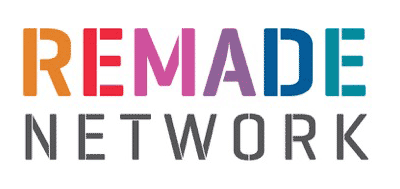
In today’s throw-away culture, the REMADE Network are bringing back reuse and repair – saving money and resources whilst reducing carbon emissions. They aim to offer repair education to all and prevent waste at source, as well as provide new jobs for people in the local community.
Inspired by her time living in rural Nepal where she produced less than one bin full of rubbish in a year, founder Sophie Unwin first set up The Remakery in her native Brixton. Then in 2011, she set her sights on Edinburgh, transforming a former Leith bank branch into a repair haven. The shop teaches people how to repair everyday household objects like furniture, computers and clothes, as well as offering low-cost repair services and selling second-hand goods.
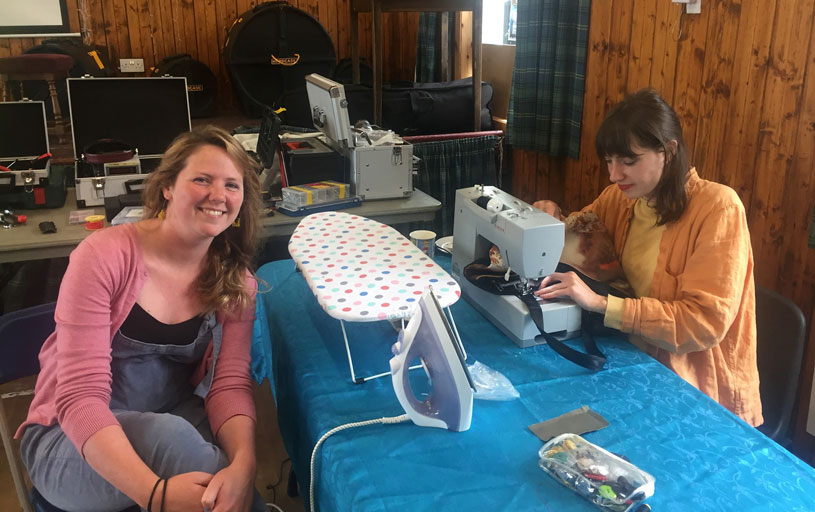
Their goal is not just to teach people how to repair things that are broken, but to spark cultural change: to transform the way we use and dispose of items
“Edinburgh was a great city for the Remakery because of its size,” says Sophie. “It’s big enough that there are lots of organisations with materials to get rid of but small enough that you have a sense of community and you’re able to make connections.”
Now Sophie is expanding the idea further through her new venture, the REMADE Network, formed last year. “REMADE Network aims to set up more reuse and repair centres across Scotland and in other countries,” explains Sophie. Their goal is not just to teach people how to repair things that are broken, but to spark cultural change: to transform the way we use and dispose of items, encouraging goods to be made to last and for them to be repaired and reused wherever possible.
All of REMADE Network’s profits are reinvested into the community. They also work with businesses to help them become zero waste, offering accreditation to those that meet their criteria. They’re currently based alongside community organisations at The Melting Pot as part of the Good Ideas programme. “They gave us support, desk space, mentoring, legal advice and things like that,” says Sophie. “That’s invaluable…of course, you need funding, but I think it's also about finding those mentors and peers around you that keep you going. It can be quite a challenging thing, especially if you're starting from nothing. My advice to other social enterprises starting up in Edinburgh would be to look out for those sources of support, get involved with others and build those networks.”
Find out more: Web | Twitter | Facebook